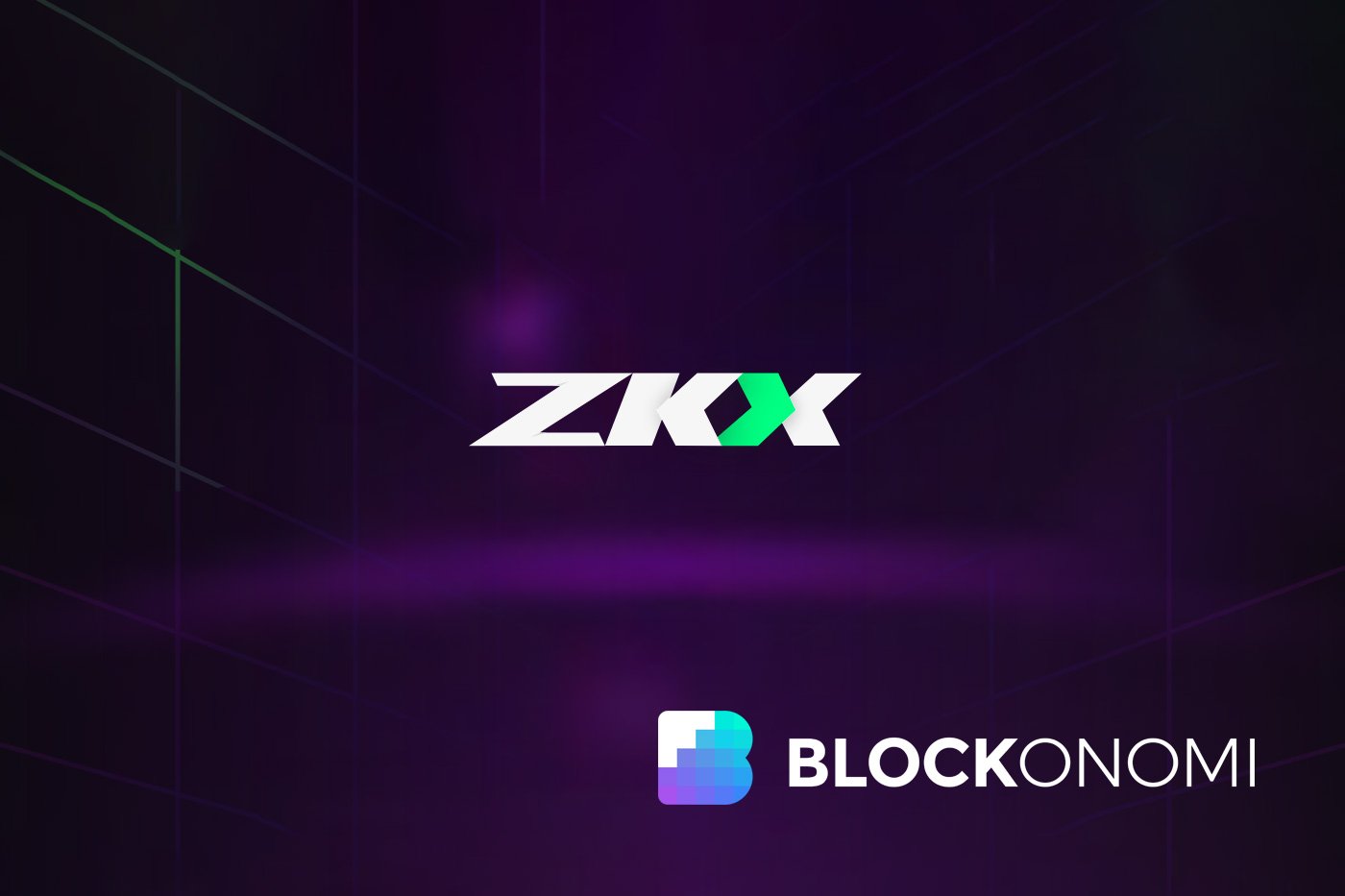ZKX, a decentralized exchange (DEX) on Starknet, has been criticized by its investors after the project abruptly shut down operations.
The project’s founder Eduard Jubany Tur said economic challenges and security risks were the reasons for the halt. It is common for startups to fail. In fact, most businesses fail – very few last a decade.
Eduard Jubany Tur, the founder of ZKX, announced on X (formerly Twitter) that the ZKX protocol would cease operations at the end of August due to economic challenges. Tur said that ZKX failed to generate sufficient revenue to cover operational costs.
Another One Bites The Dust
According to Tur, despite incentive programs offering attractive rewards, participant numbers remained low.
Trading volumes plummeted sharply after launch, directly impacting daily revenue. At the time of the shutdown announcement, ZKX had 200 daily users with trading volumes ranging from $600,000 to $800,000, a dramatic decline from over $30 million in March 2024.
The abrupt shutdown came after ZKX announced in June it secured $7,6 million in a strategic funding with participation from Flowdesk, GCR, and DeWhales. The project was also backed by prominent industry players like Amber Group, StarkWare, Huobi, and Crypto.com.
Following Tur’s statement, investors, including Amber Group, ArkStream Capital and HashKey Capital, expressed strong criticism over the lack of prior notice and transparency.
Amber Group was a key market maker for ZKX, providing liquidity and supporting the project. It held 3 million ZKX tokens, initially through a loan and then through market-making activities. The team said despite price declines, they actively supported ZKX through token purchases to maintain liquidity.
Amber Group criticized ZKX for its lack of communication and the abrupt shutdown without prior notice, which negatively impacted investors and the broader market. The team asked ZKX to “take the necessary actions and accountability to bring more transparency and address the situation constructively.”
Hashkey Capital also criticized ZKX for its lack of communication and the founder’s poor handling of the situation. The firm warned that the lack of accountability will harm a founder’s reputation and future opportunities.
“We hope that founders recognize that a solid reputation is a vital asset in securing future financing. Without accountability, they will struggle to regain trust and opportunities within the industry again,” said Hashkey Capital.
Ye Su, the founding partner of ArkStream Capital, expressed extreme dissatisfaction with the handling of the ZKX project’s closure. He said the ZKX team did not inform about the shutdown and refused to provide financial details or expenditure information.
A Rug Pull?
The closure of ZKX has exposed the vulnerabilities of the Starknet DeFi ecosystem. Starknet has struggled to attract users following the controversial airdrop. The project was criticized after Abdel, one of its developers used the term “e-beggers” to describe community member who were airdrop farmers.
Abdel removed the claims and later made public apologies to those affected by his statements. However, Starknet has struggled to retain user interest.
According to data from Dune Analytics, Starknet’s daily active users are significantly lower compared to the peak of around 16,500 in August last year. The current challenges raise questions about the sustainability of DeFi projects built on Starknet.
Meanwhile, many community members, like popular on-chain investigator ZachXBT, believe ZKX’s sudden termination without warning was potentially a rug pull, especially since it came just a few weeks after the project conducted its token generation event (TGE).
Rug pull perpetrators often avoid providing financial details or explanations for their actions. The founder’s dismissive attitude toward investors and refusal to provide information are also among common signs in many rug cases.
The ZKX token has dropped 98% since the shutdown announcement. ZKX is currently trading at around $0.003, according to CoinGecko’s data.





